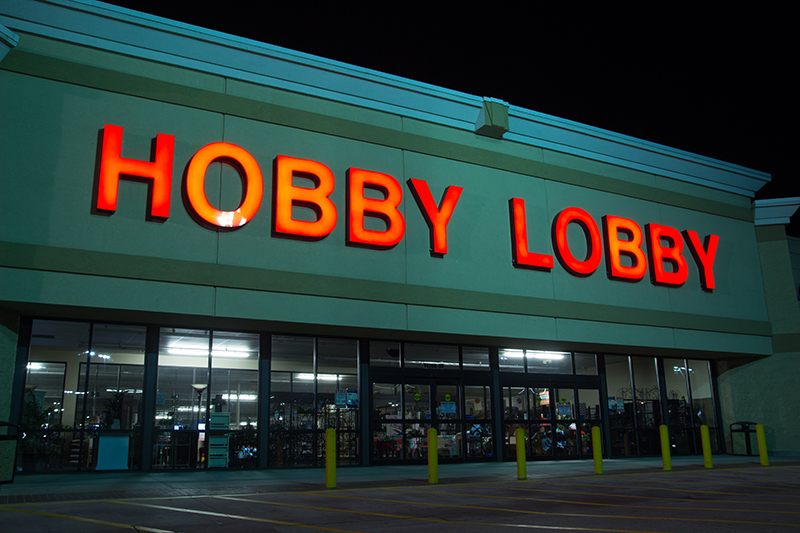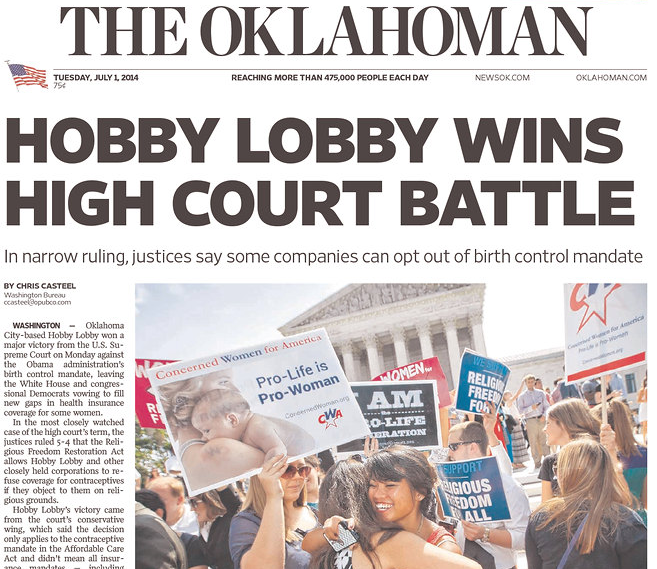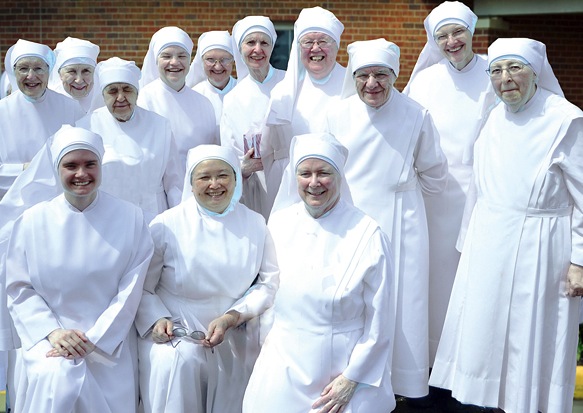You got so close, Philadelphia Inquirer.
You got so close to a fair, enlightening news story on a Democratic senator who says he opposes abortion but rejects the religious concerns raised by Hobby Lobby in its recent U.S. Supreme Court win.
But here’s where you fell way short: in providing crucial details concerning the actual religious objections involved. Your story seems to get politics. Religion? Not so much.
The Inquirer report, of course, was published before a Democratic bill to reverse the high court’s Hobby Lobby ruling failed in the Senate Wednesday.
Let’s start at the top:
WASHINGTON — Sen. Bob Casey, an antiabortion Democrat, plans to vote Wednesday for a bill that would overturn the Supreme Court’s recent Hobby Lobby decision and force most businesses to offer employees the full range of contraceptive coverage, even if the owners raise religious objections.
The Pennsylvanian is siding with fellow Democrats – who argue that they are protecting women’s right to decide their own health care – and against many religious groups and Republicans, who say the court ruling protected religious liberties.
Casey, who is Catholic, said Tuesday in an Inquirer interview that he draws a distinction between abortion – which he still opposes – and contraception, which he has long supported and which he believes can reduce the number of abortions.
“The health-care service that’s at issue here is contraception, which means prior to conception,” Casey said.
But abortion has been a central part of the Hobby Lobby firestorm, which has also touched on health care, religious freedom, individual rights, and election-year politics.
OK, fair enough. Casey believes that the contraception involved here “means prior to conception.” But what do Hobby Lobby’s owners believe? Don’t expect an answer anytime soon in this story.
More from Casey:
Casey on Tuesday became the first antiabortion Democrat to cosponsor the bill, aimed at reversing the Supreme Court decision allowing business owners to exclude certain contraception options from their employee health packages. Some business owners said certain types of contraception could amount to abortion, an idea disputed by many doctors and scientists.
“I’m a pro-life Democrat, always have been, always will be,” Casey said. He later added: “I’ll go with the scientists on what contraception is, rather than a religious viewpoint of what science is.”
But what do Hobby Lobby’s owners believe? Oops. I already asked that. Still no answer.
Deep in the story, the Inquirer finally gets around to that question — but answers it only vaguely:













